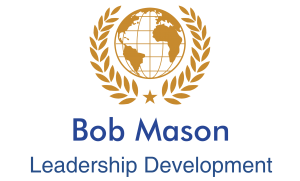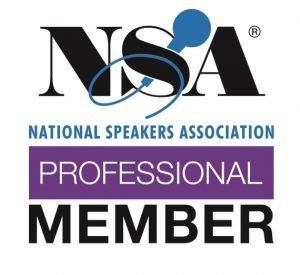The room was always filled beyond capacity. Anyone in the organization the boss had even casually met was invited, and by invited he meant required to attend. The agenda was meaningless since he didn’t really follow it anyway. Any random thought could become the topic at hand, to be explored in minute detail. The only way to be truly prepared was No-Doze and luck. This happened every Thursday at 1:00 PM. We never knew how long it would take, so we just blocked the whole afternoon. They were definitely not effective meetings.
It was a continuous and painful lesson in how not to conduct effective meetings. The boss fell victim to a couple of common mistakes leaders make. First, he was extremely impressed with himself and the meetings were a way for him to let everyone know how important and smart he was. It didn’t work. In fact, they tended to have the opposite effect.
Second, he seemed to be pathologically unable to stick to an agenda. He would wander from one topic to another and at even the slightest suggestion would trot off to some new topic that had nothing to do with anything.
Meetings have become the bane of corporate existence. There are numerous, and sometimes radical suggestions for solving the meeting problem; ranging from not having meetings at all to everyone bring their own agenda. But, there’s no need for drastic measures. As the veteran of more meetings than I can count; some good, some bad, I’ve found these six simple questions will help you hold more effective meetings.
- Is this meeting necessary? Is it really necessary to get a group of people together or can the issue be addressed in an email or one-on-one conversation. If the meeting is essential, invite only those who are necessary for the topics on the agenda.
- Do you have an agenda? Make it clear what needs to be accomplished and who needs to attend. Plan the agenda for the amount of time available. Don’t plan for 15 topics when you know there will only be time for 5. Make sure everyone who needs to attend has the agenda ahead of time. I mean more than 30 minutes ahead of time.
- Is the room prepared? Are there enough chairs? Are visual aids ready and operational? How will you arrange seating? Do this before the meeting start time.
- Do you start on time and end on time? Remember, everyone else’s time is valuable just like yours. They all have something else to do too.
- Do you stick to an agenda? It isn’t enough to just have an agenda. You must stick to it. It’s your roadmap to success. That doesn’t mean you should ignore a concern that may come up, but it’s okay to table that issue or assign it to someone to work after the meeting.
- Do you publish timely minutes? Minutes published a month after the meeting are not very useful. A short review of the meeting helps everyone remember what was discussed and who had assignments.
Meetings are a necessary tool for leaders. You might be surprised to know that people don’t mind attending meetings that are productive. What would your team say? Do you lead effective meetings?
 Bob Mason is dedicated to leadership development. He works with companies to solve problems by helping supervisors and managers become more effective leaders leading more productive teams. He is a professional speaker and author of Don’t Worry, You Can Do This: What New Supervisors and Managers Need to Know About Leadership; The Art of Not Motivating: How Leaders Can Succeed by Understanding the True Nature of Motivation; Balancing the Generations: A Leader’s Guide to the Complex, Multi-Generational, 21st Century Workplace; and Planning to Excel: Strategic Planning That Works.
Bob Mason is dedicated to leadership development. He works with companies to solve problems by helping supervisors and managers become more effective leaders leading more productive teams. He is a professional speaker and author of Don’t Worry, You Can Do This: What New Supervisors and Managers Need to Know About Leadership; The Art of Not Motivating: How Leaders Can Succeed by Understanding the True Nature of Motivation; Balancing the Generations: A Leader’s Guide to the Complex, Multi-Generational, 21st Century Workplace; and Planning to Excel: Strategic Planning That Works.
A 30-year career in the U.S. Air Force exposed him to great leaders and leadership opportunities such as command of four squadrons, including the Air Force’s largest munitions squadron. He has studied leadership extensively, but more importantly has been there, working with real people, making hard decisions, and experiencing the results.
Contact Bob at Bob@BobMasonSpeaker.com or 505-453-5266




